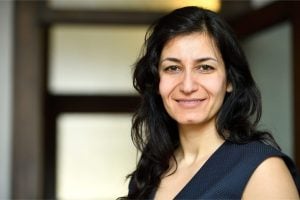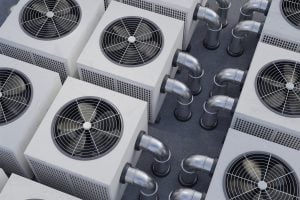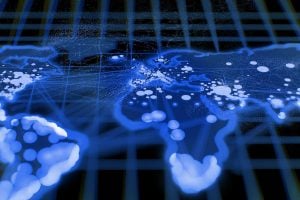The growth of systems science and engineering parallels the growth of technology. Whereas previously , the term “system” evoked images of human-made entities with closely interacting components coordinated to produce a set of outcomes, current usage of the term is much broader in scope and scale.
Systems research has evolved into a trans-disciplinary, collaborative field, connecting mathematics, engineering, social and physical sciences and medicine. Departmental work via the Center for Systems Science and Engineering brings together students, faculty, and researchers from other departments in the Whiting School of Engineering, as well as from the Krieger School of Arts and Sciences, the Bloomberg School of Public Health, the School of Medicine, and the Applied Physics Laboratory.
Current areas of work include systems approaches to public health, the science and technology of patient treatment and safety, informatics for individualized health and education, and civil infrastructure.
RESEARCH PROJECTS
- Kimia Ghobadi’s research includes the use of mathematical models, optimization, and analytics to solve problems in complex healthcare systems and medical decision-making. She also develops mathematical frameworks for inference models that can be used in recognizing key factors that resulted in specific outcomes in a network.
- Lauren Gardner’s research on the topic of bio-secure mobility utilizes network optimization and mathematical modeling to improve understanding of disease dynamics as a complex function of transportation systems, land use, climate, and population demographics. Her work also uses integrated simulation and optimization frameworks to solve resource-allocation problems.
- Lauren Gardner and Tak Igusa’s research on autonomous (self-driving) vehicles is focused on safety and other public health impacts, including the reduction of pollutants due to electrification, shared mobility, and efficient integration with public transportation.
- Tak Igusa’s focus on public health is characterized by the development of novel quantitative models that incorporate mechanistic and behavioral rules into a rigorous statistical form.
- Tak Igusa is working with engineers at APL on agent-based models for national defense systems as a complement to current systems engineering approaches.


